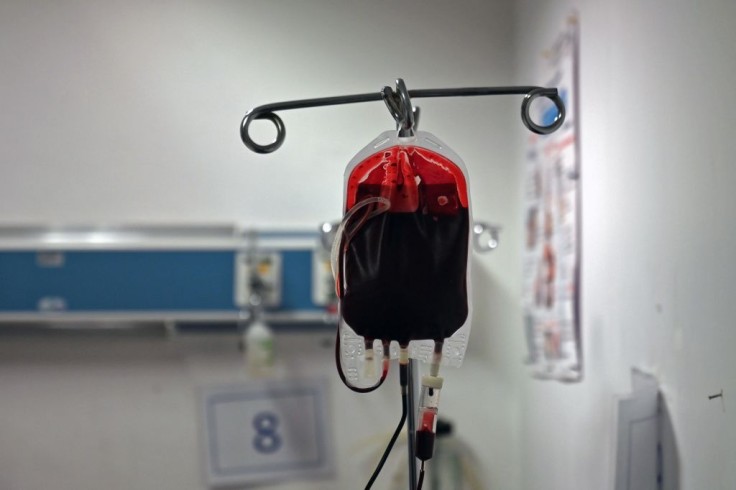
Two leukemia patients, who were the first to try a groundbreaking gene therapy ten years ago, have achieved remission from blood cancer more than a decade later.
Doug Olson was one of the patients who underwent a new and experimental CAR-T cell therapy at the University of Pennsylvania in 2010. A month into his treatment, doctors conducted a bone marrow biopsy which showed that the cancer cells were completely gone.
This was happy news for Olson and his doctors, but they needed to be convinced that the gene therapy would work and be sustained for the long term. So, they conducted a 10-year follow-up on Olson and another leukemia patient.
In a new study published in the journal Nature, study author and cancer immunologist Dr. Carl June said they could finally conclude that CAR-T cell therapy works. Olson and the other patient, Bill Ludwig, have been essentially cured of their blood cancer.
What is this Gene Therapy?
CAR-T cell therapy is a one-time IV treatment that attacks the cancer cells as soon as it's infused. The CAR-T cell remains in the body for many years, thus preventing the cancer cells from spreading or coming back.
The treatment uses the T-cells from the patient's body that are then genetically modified in the laboratory to attack the cancer cells. T-cells are white blood cells vital to the body's immunity.
The study authors confirmed that the leukemia patients' most recent test results showed "sustained remission." They could still detect the CAR-T cell even after more than ten years of treatment.
Co-study author and oncologist Dr. David Porter said they had given CAR-T cell therapy to thousands of cancer patients since the first infusion. Though the process has been refined and made safer through medical advances over the years, CAR-T cell therapy is not without its side effects.
Olson, who learned of his chronic lymphocytic leukemia in the mid-1990s, was on his last hope when he got this gene therapy. He told NBC News that CAR-T cell therapy was not a walk in the park as he felt too sick and had to be in the hospital for three days.
Porter said that the treatment might cause tumor lysis syndrome, which releases more nucleic acids, potassium, and phosphate into the body. It could also lead to cytokine release syndrome, where the patient may experience flu-like symptoms for days and have low blood pressure. The gene therapy may also lead to neurologic toxicity that affects speech and thinking or cause comatose. However, the majority of the side effects usually "resolve on their own," Porter told CNN.
What's Next for CAR-T Cell Therapy?
In 2017, the U.S Food and Drug Administration approved CAR-T cell therapy, developed by the team of June and Porter alongside drugmaker Novartis, for treating childhood leukemia. In 2020, CAR-T cell therapy was also approved for treating patients with multiple myeloma or bone marrow malignancy in adults. June and the rest of the team hope CAR-T cell therapy will one day work on "solid cancers" affecting the colon, the lungs, and other body areas.
Meanwhile, Olson said science extended his life when he thought he had only months to live in 2010. In his decade of sustained remission, Ludwig traveled the world and enjoyed more family milestones until he succumbed to COVID-19 complications in 2021.